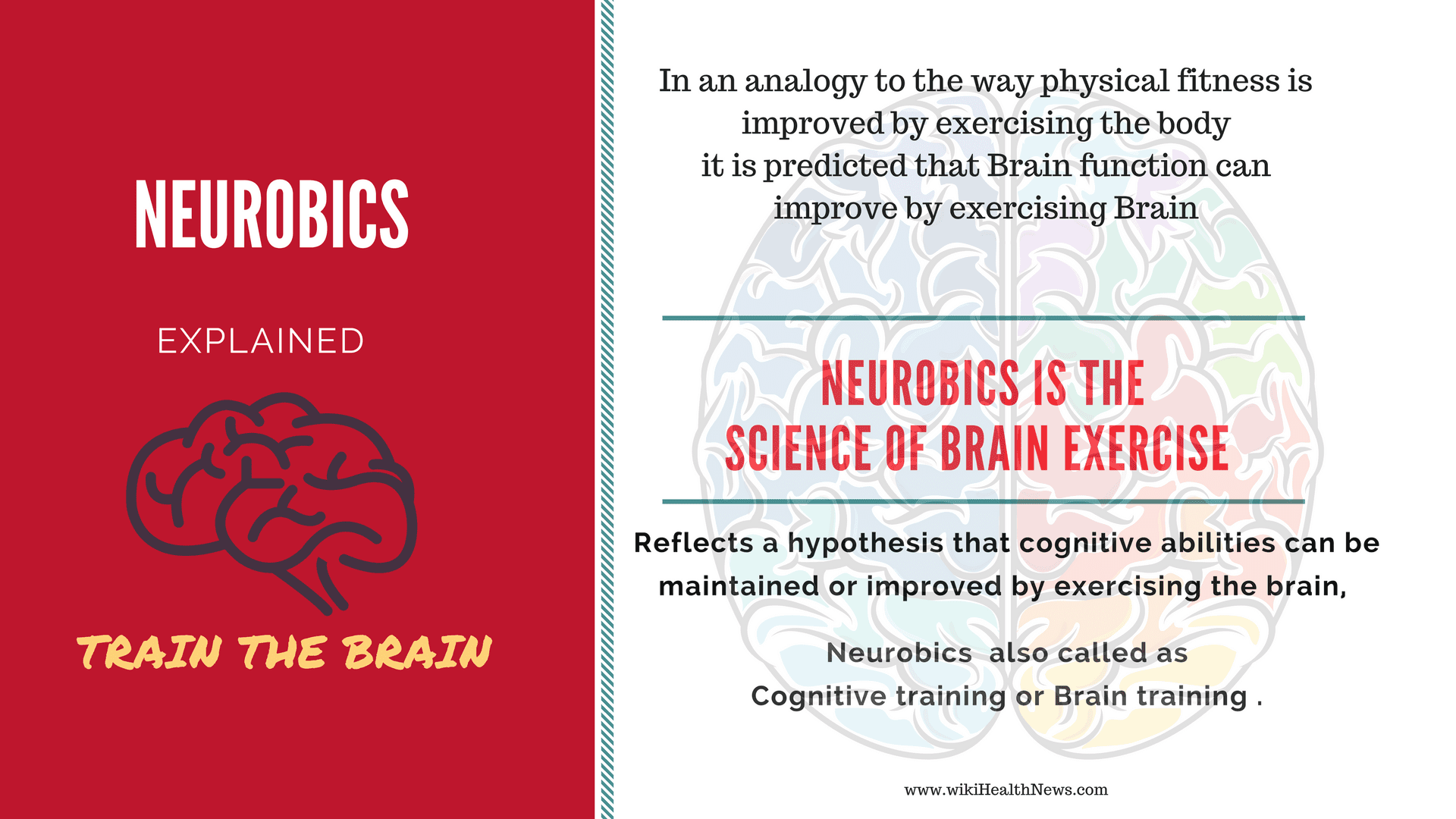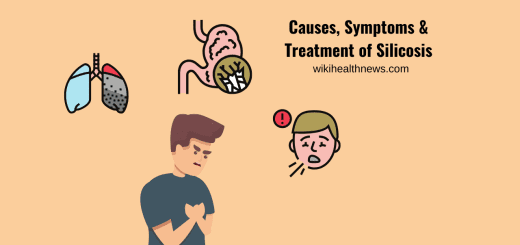WHAT IS NEUROBICS ?

Neurobics reflects a hypothesis that cognitive abilities can be maintained or improved by exercising the brain. This is predicted by observation that physical fitness is improved by exercising the body muscles and joints .
Neurobics is the science of brain exercise. Its primary goal is to help you keep your memory, along with the ability to learn new information. The term “neurobics” was coined by Lawrence Katz, Ph.D and Manning Rubin to describe these brain exercises and it includes many practices that help the brain stay fit.
There is strong evidence that aspects of brain structure remain plastic throughout life, and that high levels of mental activity are associated with reduced risks of age-related dementia but scientific support for the concept of “brain fitness” is limited. The term ‘neurobics’ is infrequently used in academic literature.
Cognitive reserve is the capacity of a person to meet the various cognitive demands of life and is evident in an ability to assimilate information, comprehend relationships, and develop reasonable conclusions and plans. Cognitive training is a hypothesis that certain activities, done regularly, might help maintain or improve cognitive reserve.
Cognitive reserve can be estimated clinically as it is effectively general cognitive ability and knowledge. The variables that are associated with cognitive reserve include: IQ, brain size, education, professional attainment, leisure activities, and familial history (of diagnosed dementia).
Some suggested easy neurobic exercises which makes you feel good.
Some easy neurobic exercises to start with:
- Eat outside
- Change your food you take everyday.
- Visit a new place
- Read a new book
- change your liking to a new one and try to enjoy it
- Take up a new leisure activity
- Use a new shoe,dress etc











